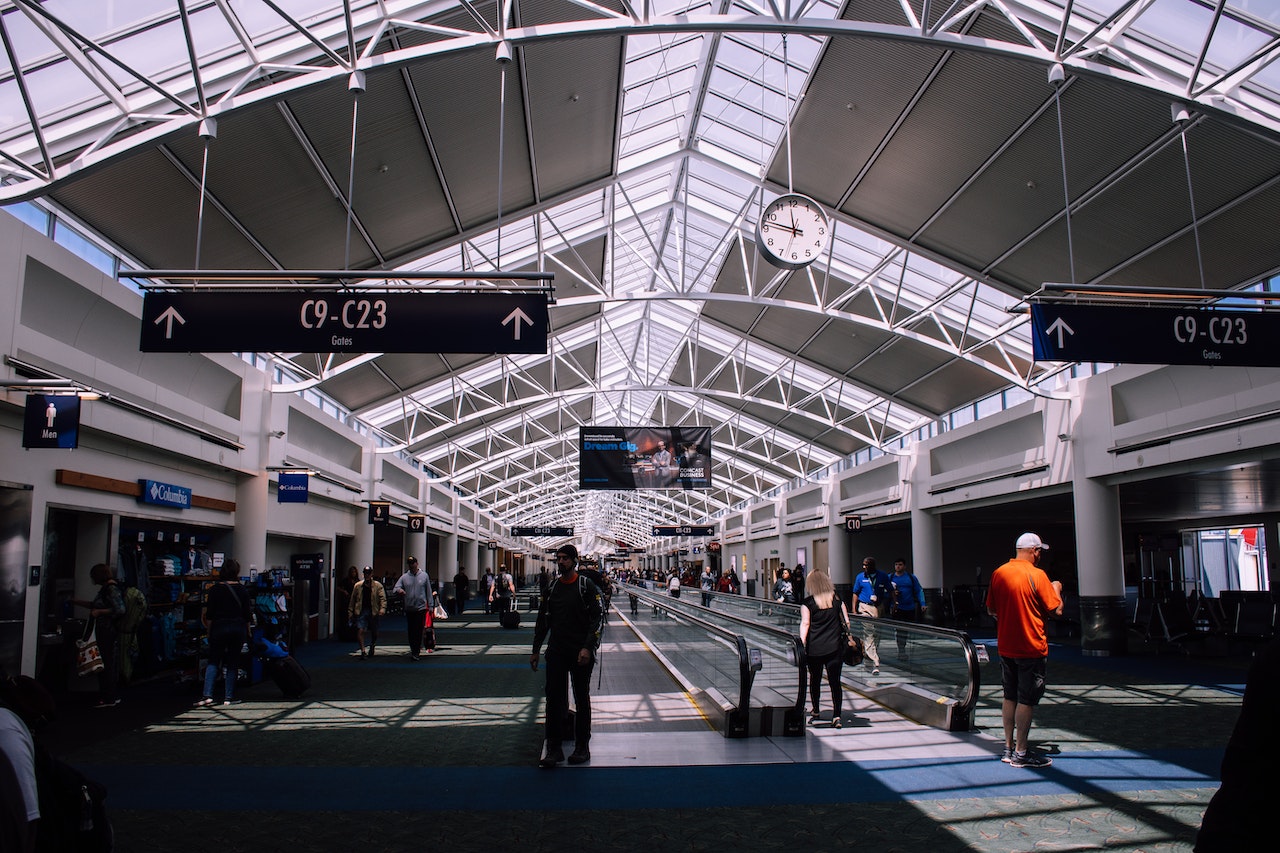As the deadline for Congress to avert a government shutdown looms, the potential ramifications for American travelers and the aviation industry are becoming increasingly dire. This Saturday marks not only the shutdown deadline but also the crucial reauthorization deadline for the Federal Aviation Administration (FAA).
Senate Commerce Committee Chair Maria Cantwell (D-Wash.) emphasized the urgency, stating, “The last thing we need is more pressure on an already strained aviation system and workforce.” However, lawmakers face an uphill battle to meet either deadline in the days ahead.
Airlines for America, the industry’s representative in Washington, outlined the potential consequences of missing both deadlines. In a statement, the group warned that a shutdown alone “could lead to flight delays for travelers and cargo shipments, longer screening lines,” and setbacks for vital initiatives such as air traffic controller training and modernization efforts. Without adequate FAA funding, the risks to the system are further amplified.
Efforts on Capitol Hill to mitigate some effects are underway, but options remain limited. A shutdown is widely seen as inevitable, with lawmakers considering various long-shot solutions mere days before the deadline. Simultaneously, consensus on a complex multi-year FAA reauthorization package before Saturday seems improbable, as debates persist over issues ranging from funding levels to pilot training rules and new air routes.
On Tuesday evening, the Senate introduced a last-ditch plan to avert a shutdown and offer a short-term FAA reauthorization to maintain some of the agency’s functions until year-end. However, its fate remains uncertain, and it is likely to face disregard in the House of Representatives even if passed in the Senate.
History illustrates that travel disruptions are probable during a government shutdown, and they worsen with its duration. In the 2018-2019 shutdown, Transportation Security Administration (TSA) personnel worked without pay, resulting in an increase in unscheduled absences. Consequently, some airports experienced longer security lines and reduced security checkpoints due to staffing shortages. Reports of security lapses emerged, though TSA officials denied any link to the shutdown.
Similarly, air traffic controllers faced halted paychecks while being required to continue working. Although controllers tend to have a higher median salary, the air traffic system remains vulnerable to the effects of a shutdown.
Recent disruptions at US airports have been attributed to both weather and staffing issues in cockpits and control towers. The potential closure of the FAA academy, where new controllers are trained, is a significant concern.
Transportation Secretary Pete Buttigieg criticized the possibility of shutting down air traffic control training, emphasizing the inconsistency of congressional action in response to travel disruptions.
By law, both TSA employees and air traffic controllers are entitled to back pay once the government reopens. Concerns are also raised about the FAA’s day-to-day regulatory authority, affecting tasks like approving new flight systems and inspecting runways, potentially causing delays and losses for companies.
While FAA authorization was not a concern in recent government shutdowns, the looming threat of a simultaneous reauthorization deadline adds complexity. The FAA relies on both congressional funding and revenue generated from passenger taxes, deposited into the Airport and Airways Trust Fund. A lapse in authorization jeopardizes the agency’s access to and collection of these funds, as seen in a 2011 standoff that cost the agency over $350 million in lost revenue.
Although a House bill for a five-year FAA reauthorization has progressed, Senate deadlock over an amendment dispute has stalled it since summer. Senate Majority Leader Chuck Schumer’s recent move to advance the bill was a strategic maneuver to provide the Senate with options in averting a government shutdown, with plans to amend and return it to the House in the coming days, likely without the FAA provisions.
The impending government shutdown casts a shadow of uncertainty over the aviation industry, underscoring the urgent need for swift legislative action to safeguard both travelers and the vital sector.
Source: Yahoo Finance



